Whether we like it or not, money plays a big role in our everyday lives.
In the U.S., it’s no secret that money is a huge part of the picture, especially with the contrast between wealth and poverty.
But one thing everyone has in common, no matter their financial situation, is the way we talk about money.
American slang is full of fun and creative terms for cash, and today, we’re diving into a variety of them.
From the everyday to the quirky, let’s explore some of the slang that makes talking about money a little more interesting.
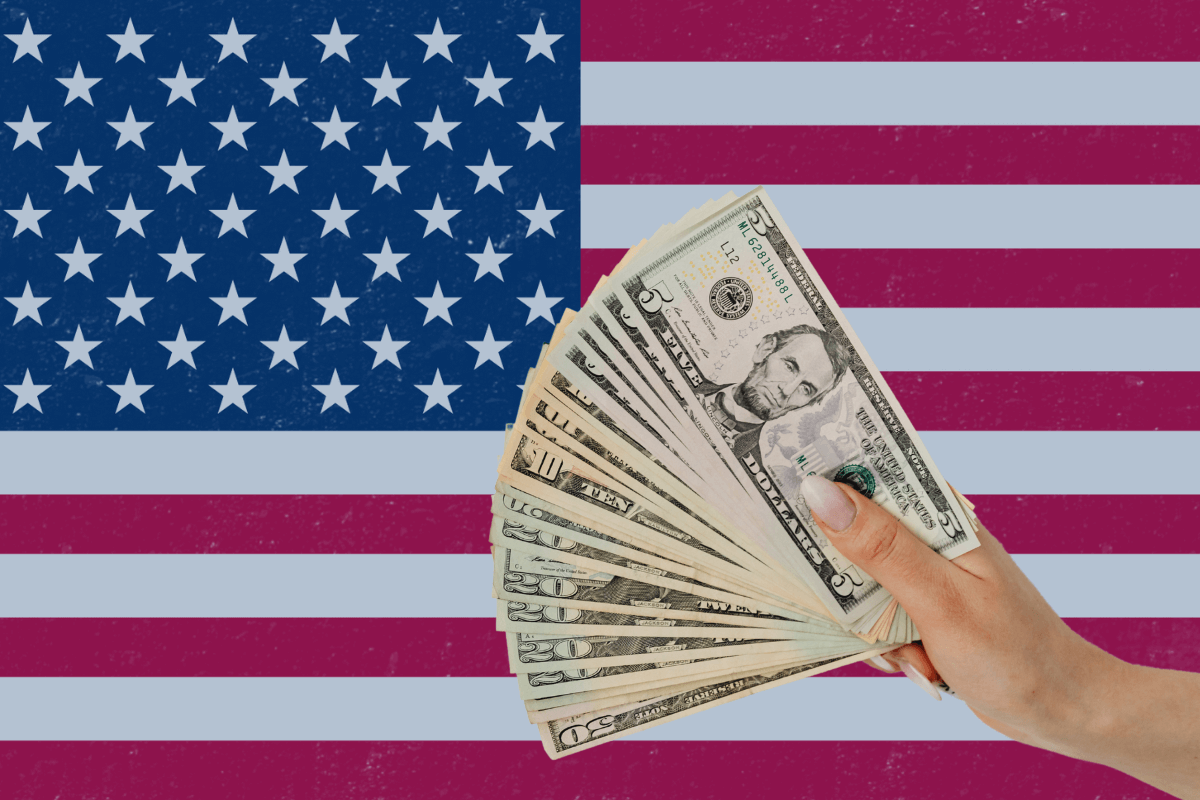
American Slang For Money
Bacon

It’s common to refer to money using food items, a slang term for money in America is “bacon.”
While not as common as some other terms, most people in the U.S. will understand what you mean when you use it, especially in the popular phrase “bringing home the bacon.”
This phrase refers to someone who earns income for a household.
The connection between bacon and money may trace back to the 17th century, when “bacon” was used to refer to one’s own body.
It’s thought that it eventually came to mean money because people would use their bodies to earn it.
While the precise origin isn’t entirely certain, this etymology is widely accepted.
Examples in sentences:
- “After a long week of work, she’s finally bringing home the bacon.”
- “I need to find a way to earn some bacon to pay the bills.”
- “He’s been working overtime just to bring home the bacon.”
- “She’s got that bacon, making big deals at her new job.”
- “They’re not doing it for fun—they’re doing it for the bacon.”
Bread
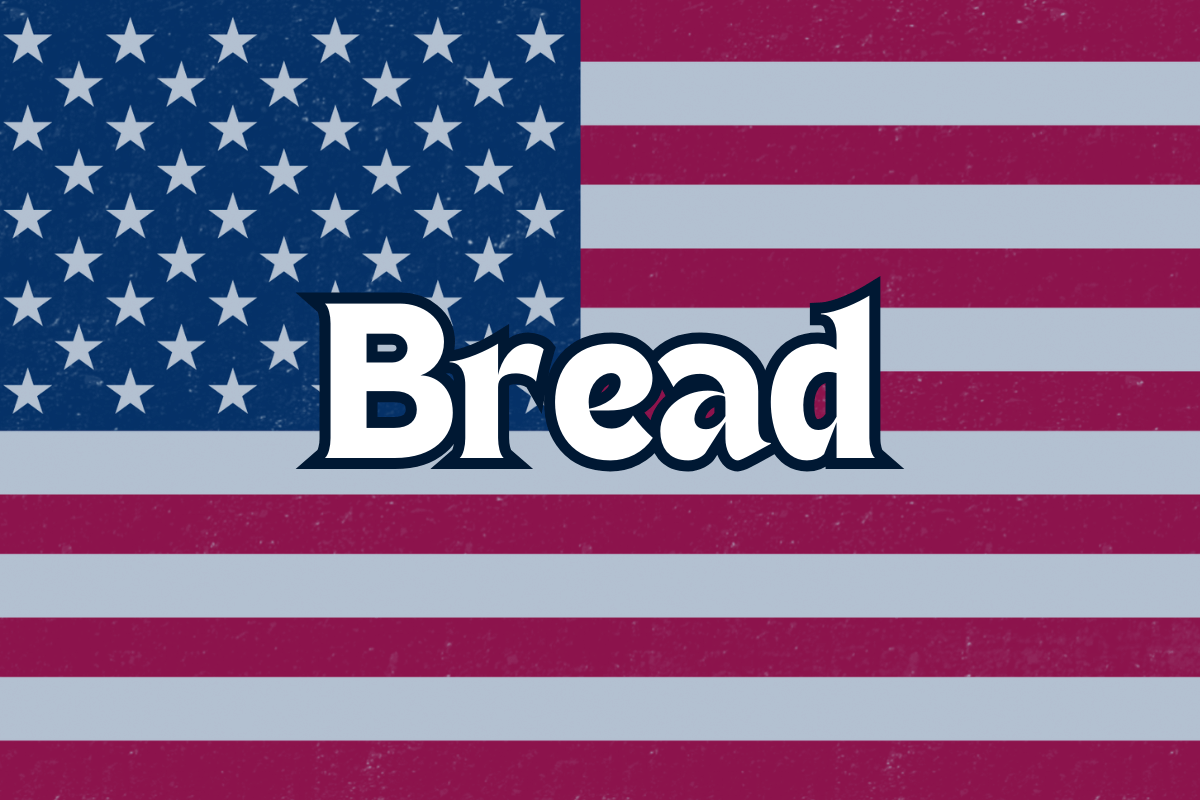
Another common slang term for money in the United States is “bread.”
This term is widely used and understood across the country, though it’s certainly not as common as “bucks.”
Unlike “bucks,” it’s more of an abstract reference to money and cannot simply stand in for the word “dollar.”
That said, virtually anyone in America who hears you use this term will understand what you mean by it.
For example, “He’s loaded, he has so much bread!”
The term “bread” meaning money dates from the 1940s, though the word “breadwinner,” meaning the person who brings in income for a household, dates as far back as 1719.
The term “bread” in this sense may be much older, and we just don’t have written attestations of it earlier.
Examples in sentences:
- “She made a lot of bread from that business deal.”
- “They’re rolling in bread after the big sale.”
- “If you want to make some bread, you’ve got to work hard.”
- “He’s been chasing that bread ever since he started his new job.”
- “That car costs a lot of bread, but it’s worth it.”
Bucks
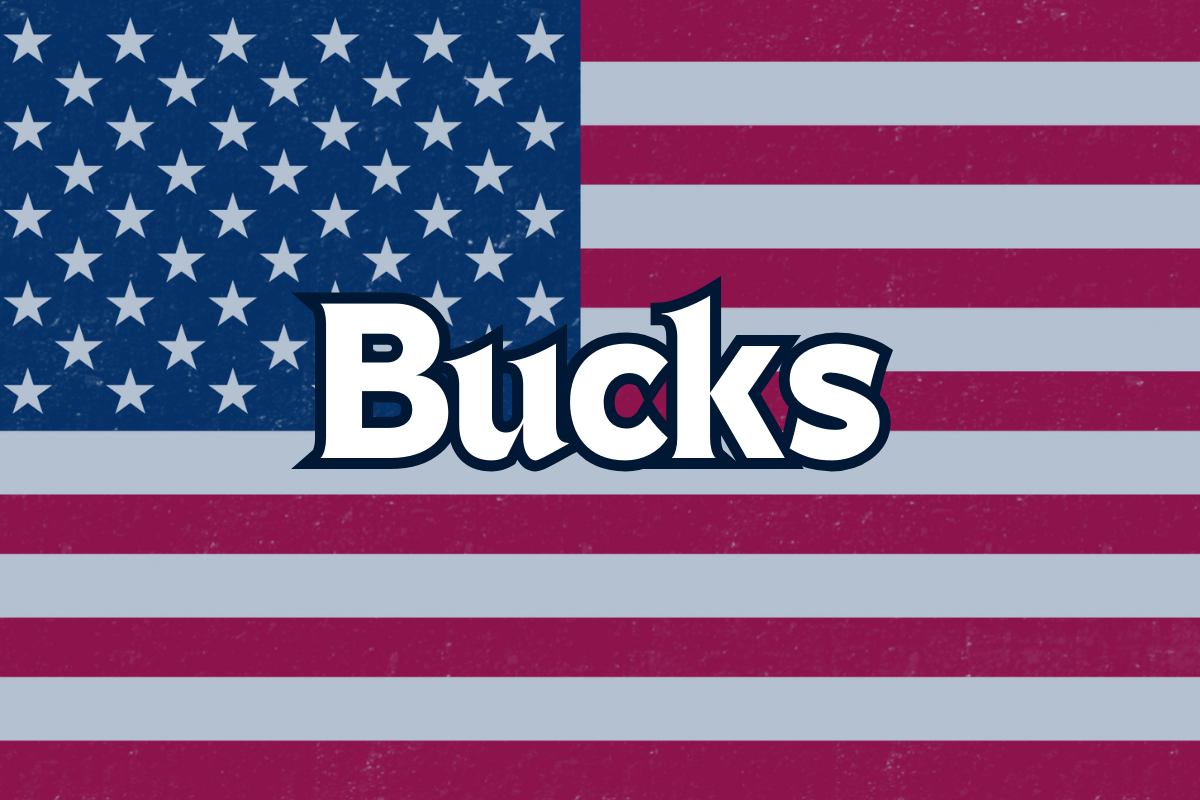
Undoubtedly the single most common, catch-all slang term for money in the United States, we have “bucks.”
This is a simple stand-in for the word dollar and can be used for any dollar amount.
It’s been used for centuries in America, and is indeed far more common than actually saying “dollars,” just as “quid” is the common stand-in for pounds in the U.K.
For example, “I’ve got around ten bucks left.”
The slang term is first attested in 1856, and is most commonly accepted to be an abbreviation of “Buckskin.”
It’s thought that European settlers began using the word interchangeably with money as buckskins were traded with locals and other settlers for any other goods that might be needed.
Examples in sentences:
- “I’ve got around ten bucks left in my wallet.”
- “This new phone cost me 500 bucks.”
- “He borrowed a few bucks to grab lunch.”
- “She paid 50 bucks for that concert ticket.”
- “He saved up enough bucks to buy the car he wanted.”
Cheddar
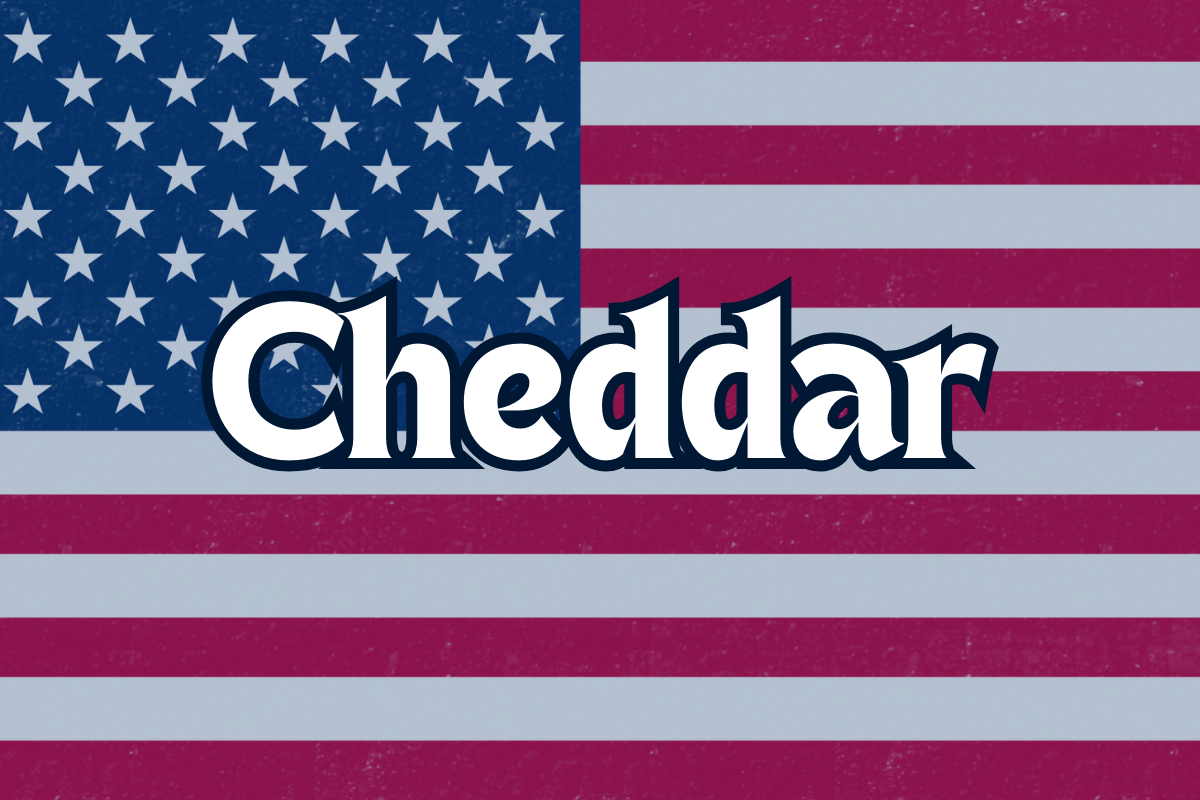
Another food-related term, “cheddar” is a somewhat common way to refer to money in America.
While not as widely used today as it once was, it still has a presence in certain regions, especially among older generations.
Younger people may use it less frequently.
An example of its usage might be, “How much cheddar have we got left?”
The term originated after World War II when poor Americans receiving welfare benefits were given blocks of cheddar cheese as part of their assistance, eventually linking the word “cheddar” to money.
Examples in sentences:
- “I need to save up some cheddar to pay rent this month.”
- “They’re offering big cheddar for anyone who can help with the project.”
- “How much cheddar do you think he made on that deal?”
- “I can’t believe how much cheddar I spent on that new phone.”
- “She’s swimming in cheddar after that big promotion!”
Chicken
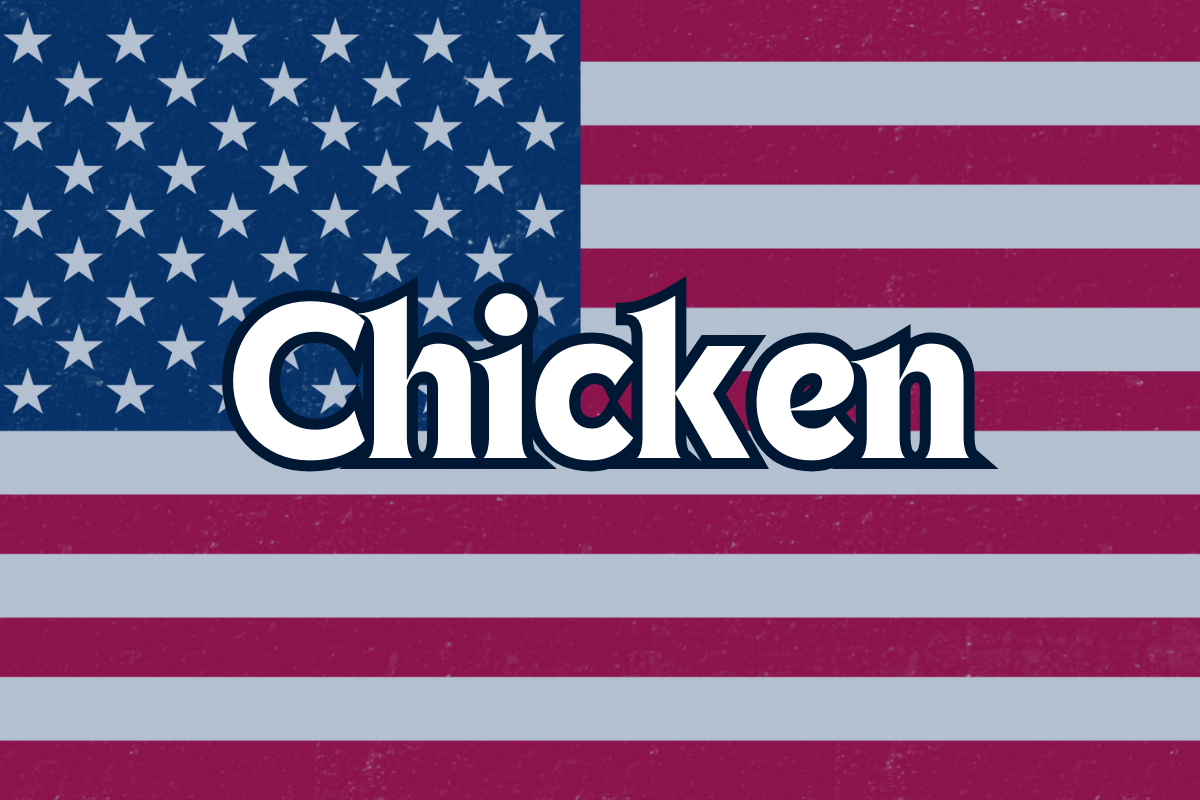
“Chicken” is one of the less common food-related slang terms for money in the United States.
While it’s not widely used, you may hear it in certain regions. It generally refers to larger amounts of money.
For example, “I’m loaded with chicken, let’s go out on the town!”
The origin of the term is unclear, though it likely arose sometime in the 20th century.
It could be older than that, but the exact timeline remains a mystery.
Examples in sentences:
- “She’s got enough chicken to buy the new car she wants.”
- “He’s rolling in chicken, so don’t expect him to turn down a night out.”
- “I’m short on chicken this month after paying all the bills.”
- “Let’s hit the town—I’ve got plenty of chicken to burn.”
- “He’s the guy you go to when you need some chicken in a pinch.”
Clams
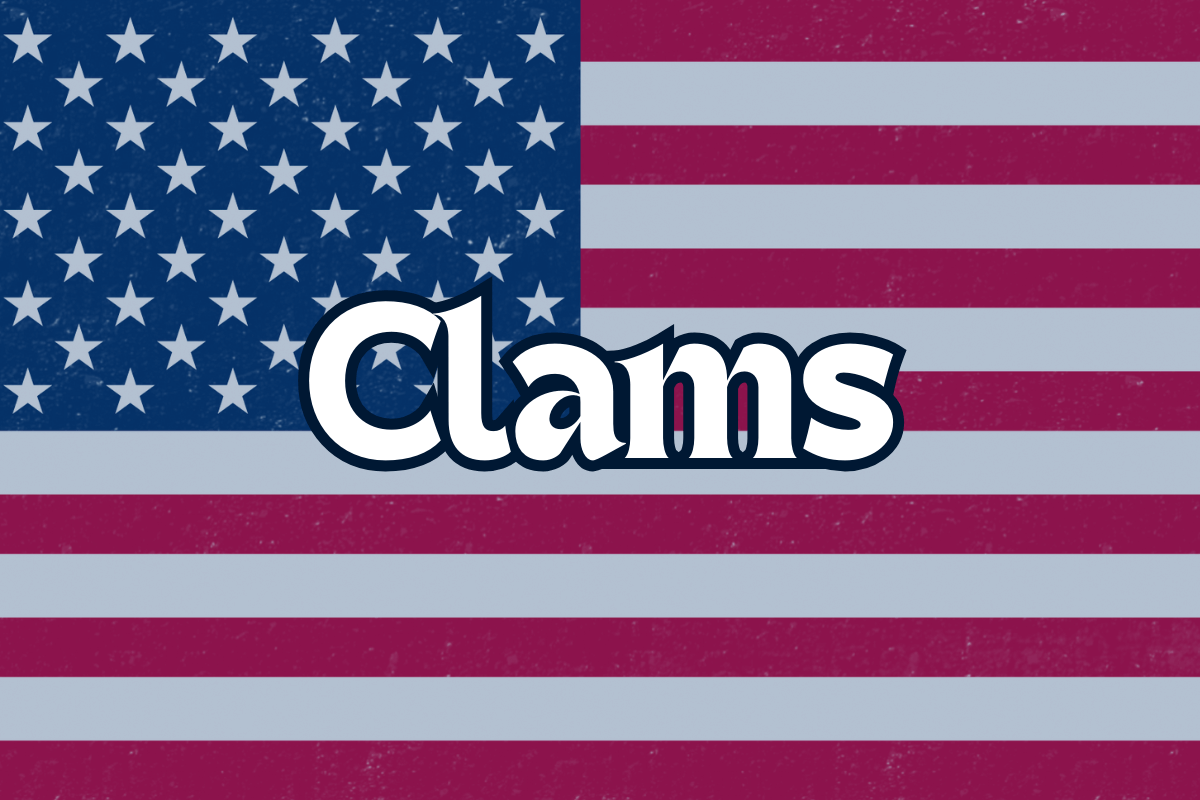
“Clams” is a quintessentially American slang term for money, though it can be used to describe various forms of currency, from paper money to coins, and even money in the bank.
While not as common today as other slang terms, it is still heard in certain regions and among specific generations.
For example, “I’ll need some more clams to get me through the month.”
The term is believed to have originated from the practice of Native American tribes using clams and shells as units of exchange, a concept that European settlers adopted, leading to the slang’s use for money.
Examples in sentences:
- “I don’t have enough clams to pay for that vacation.”
- “She’s rolling in clams after selling her old car.”
- “He borrowed a few clams from me to buy lunch.”
- “We’re going to need some more clams if we’re going to make this deal work.”
- “I can’t believe how much clams I spent on this new computer.”
Coin
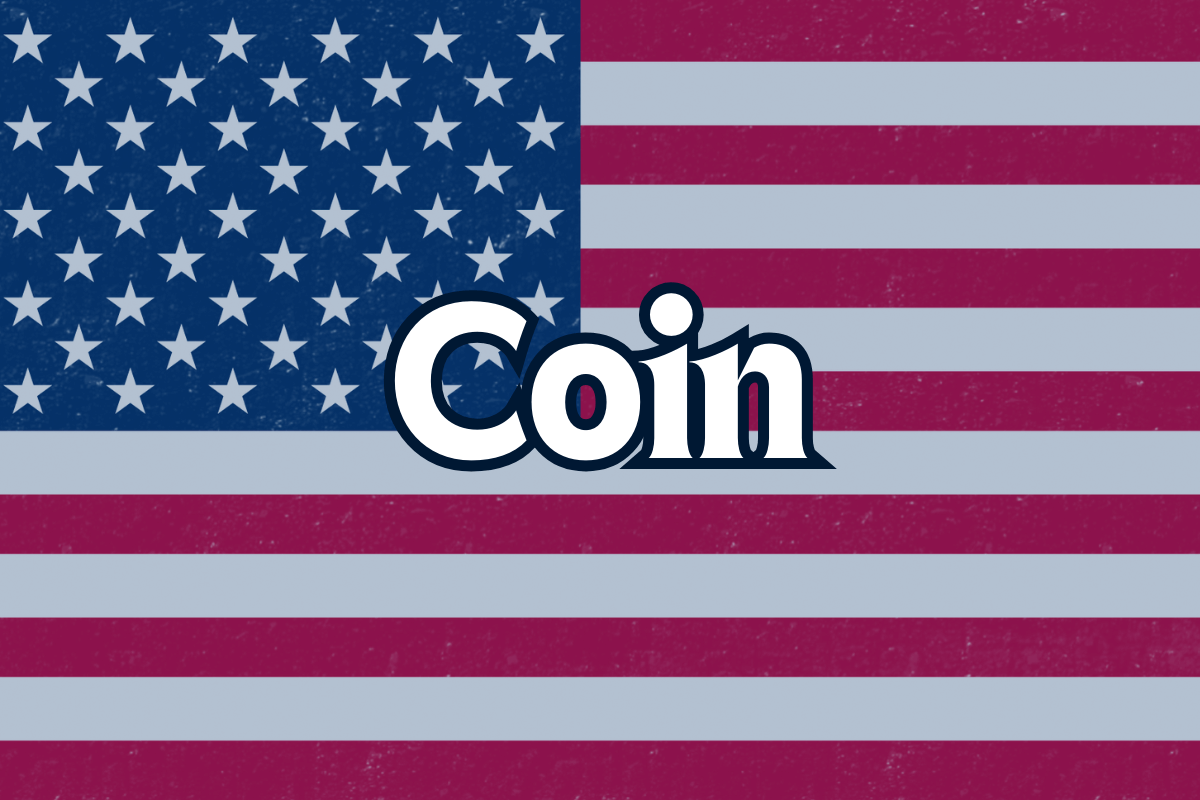
“Coin” is a straightforward slang term for money, widely used in English-speaking countries, though it is especially common in the U.S.
It can refer to actual coins and metal money, but more often, it simply serves as a general term for money.
While it usually implies a smaller amount, its use can vary depending on context.
For example, “I’m all out of coin, can you cover my taxi home?”
The term dates back to the early 14th century, originally referring to metal coins, though its broader slang meaning has evolved and remains somewhat unclear, likely being quite old.
Examples in sentences:
- “I don’t have enough coin to buy that concert ticket.”
- “She’s got plenty of coin, so she’s always buying us lunch.”
- “I spent all my coin on groceries this week.”
- “He gave me some coin to help cover the cab fare.”
- “I’m a little short on coin, can you lend me a few bucks?”
Dough
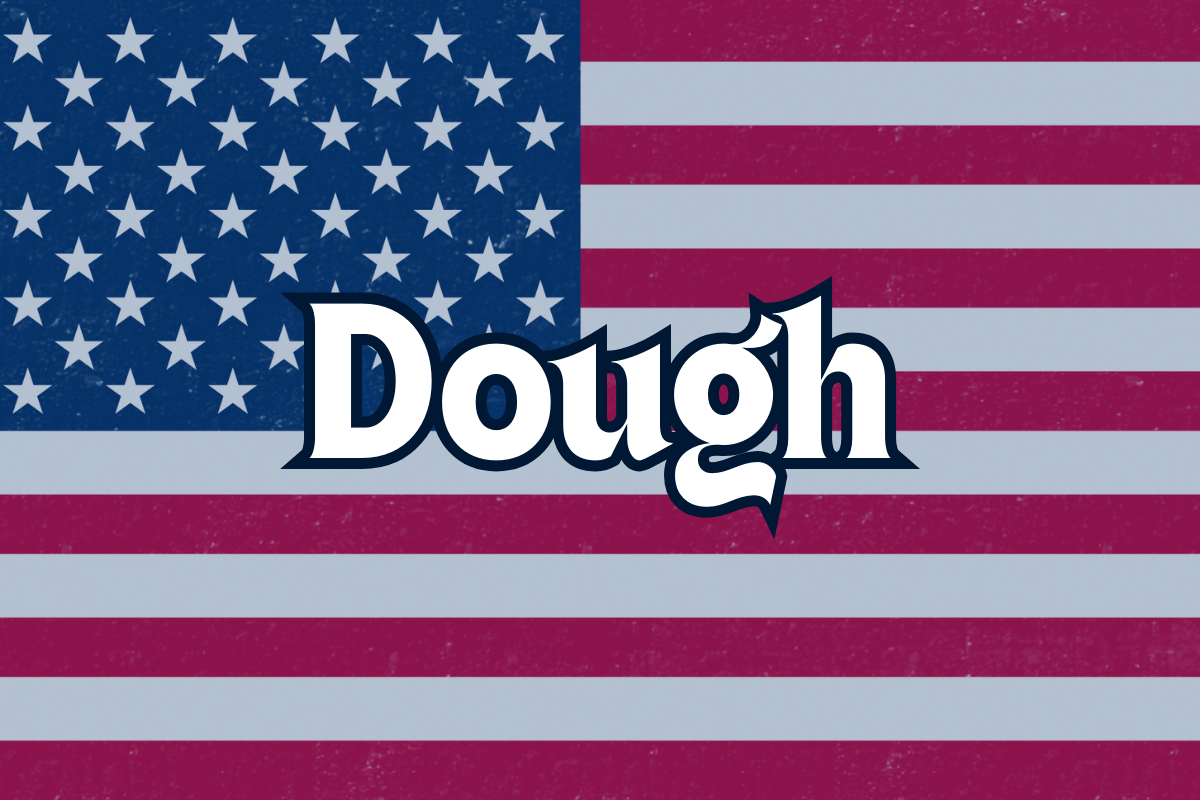
“Dough” is another food-based slang term for money, widely used in the U.S. while also being recognized in other English-speaking countries.
Though it is less common today, it’s often used in a historical or slightly ironic context.
Many people still use “dough” in an earnest way, such as saying, “I’ve spent so much dough this weekend.”
The term dates back to 1851, though the word itself is much older.
Similar to “bread” or “breadwinner,” the idea behind using “dough” is that money is essential for sustenance, just like food for your family.
Examples in sentences:
- “I’m going to need more dough if I want to take that trip.”
- “She spent all her dough on a new outfit for the party.”
- “After buying all the groceries, I’m low on dough until payday.”
- “We need to save some dough for the upcoming vacation.”
- “He made a lot of dough from his online business.”
Green
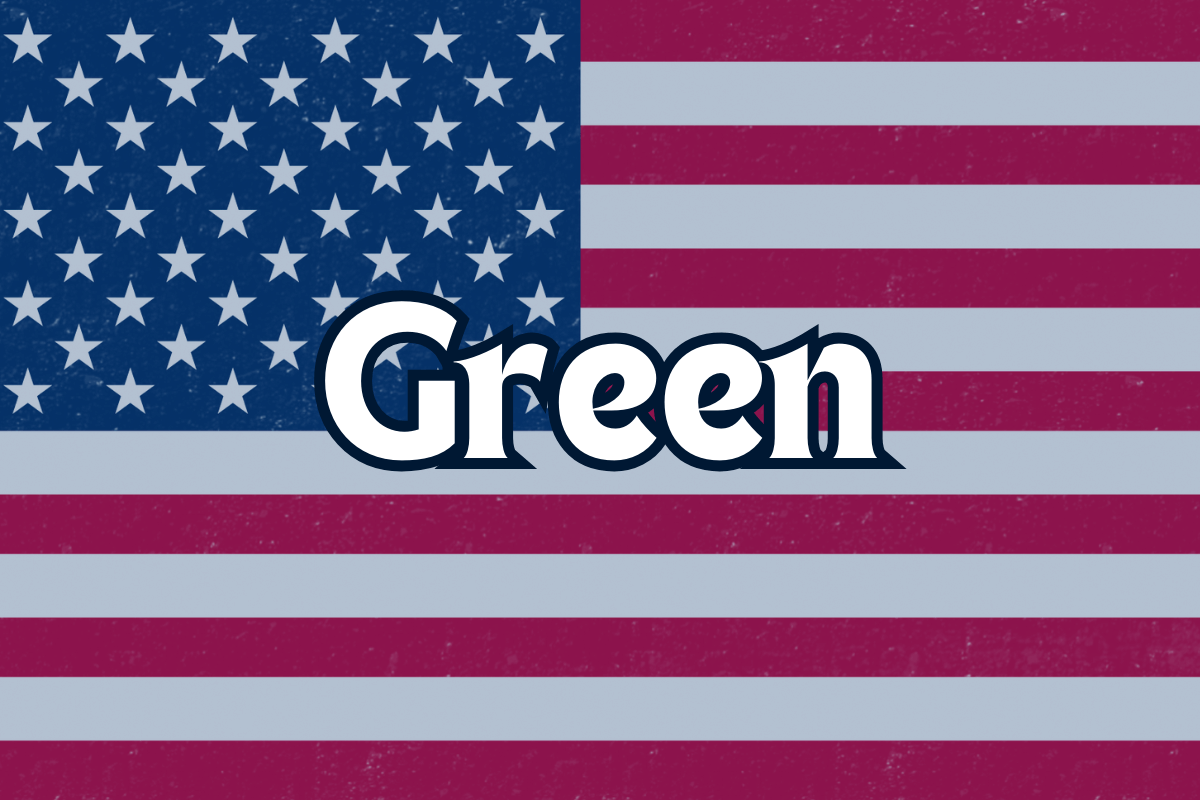
“Green” is a common slang term for money in the United States, and it comes from the fact that American dollars are printed in green.
While it’s not used by everyone, it is widely understood across the country, especially in certain areas like the West Coast.
The term likely originated as a shortened version of “greenback,” which was first used toward the end of the 19th century to refer to U.S. paper currency.
Examples in sentences:
- “I need to make some green if I want to buy that new phone.”
- “He’s got the green to make that big purchase.”
- “Let’s hit the ATM; I’m all out of green.”
- “They’re throwing down some serious green for that concert.”
- “She’s saving up her green for a vacation next summer.”
Greenbacks
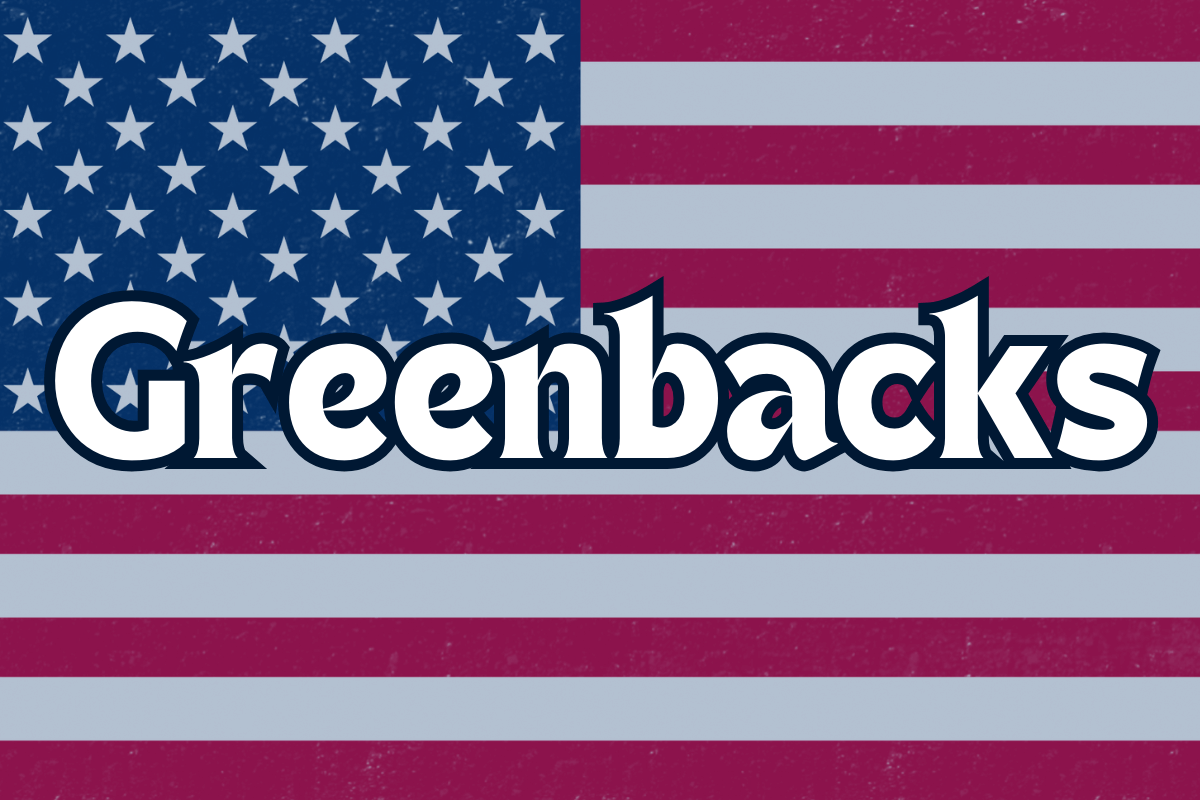
“Greenbacks” is a somewhat dated slang term for money today, but it’s still used among certain generations.
It refers specifically to paper money, not coins or money in the bank.
While it’s less common than it once was, most people will still understand what you mean if you use it.
For example, “I’ve got a stack of greenbacks ready to go.”
The term originated in the 1860s, when American paper money was first printed in green ink to help fund the Civil War.
This was the first national currency of the United States, which is why the term stuck.
Examples in sentences:
- “He flashed a stack of greenbacks to pay for the expensive dinner.”
- “I don’t have any greenbacks left after that shopping spree!”
- “She walked into the casino with a handful of greenbacks.”
- “They were offering greenbacks for the old car they were selling.”
- “After the sale, I’ll be swimming in greenbacks.”
Loot
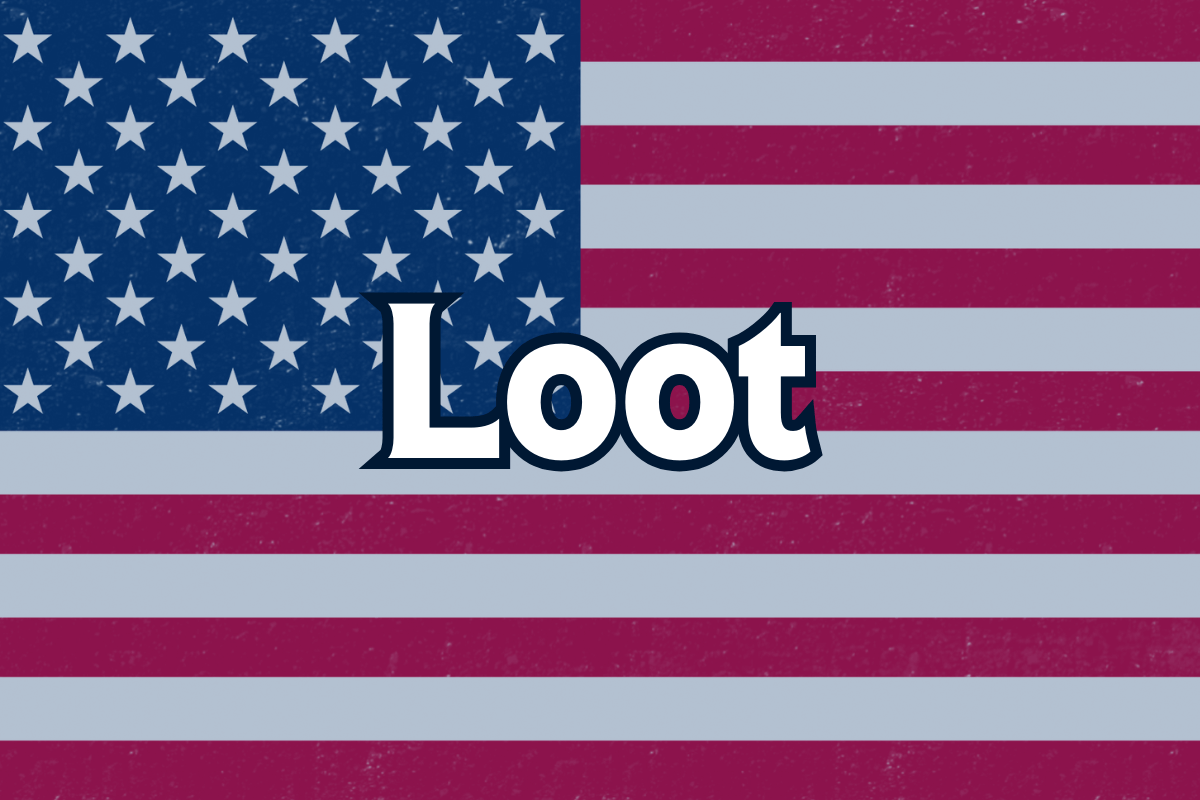
“Loot” is another somewhat common slang term used to describe money in American English.
Originally, “loot” referred to goods or valuables taken in a robbery or military action, but over time it became a more lighthearted and general way to refer to money.
It’s often used humorously, and even though it has its roots in criminal activity, it’s now widely used by non-criminals in everyday conversation.
Examples in sentences:
- “I need to hit the ATM; I’m running low on loot.”
- “They spent all their loot on new gadgets this weekend.”
- “I’m saving up some loot for a big trip next year.”
- “Let’s get some loot together and grab dinner.”
- “He’s got enough loot to buy whatever he wants.”
Moolah
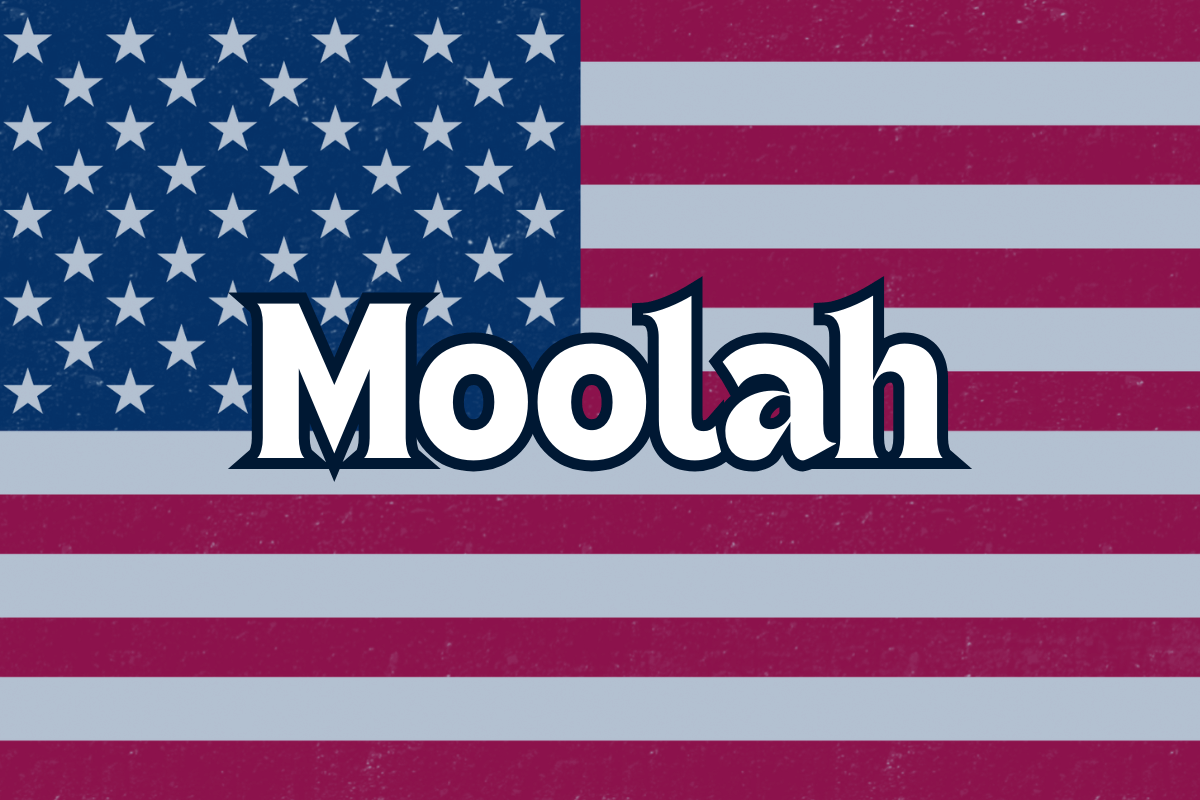
“Moolah” is a slang term for money that, while somewhat dated, is still understood and used, particularly among older generations.
It often carries an ironic or humorous tone, but younger people are still familiar with it, even if they don’t use it themselves.
The term was first attested in the 1920s, though its precise origin remains unclear.
Some speculate it could be related to the Islamic title “mullah,” though there’s no concrete evidence to support that theory.
Examples in sentences:
- “Have you seen his house? He must have so much moolah!”
- “I spent all my moolah on the concert tickets this week.”
- “We need more moolah to fix the car.”
- “She’s rolling in moolah, always buying new clothes.”
- “I’m short on moolah until payday.”
Paper
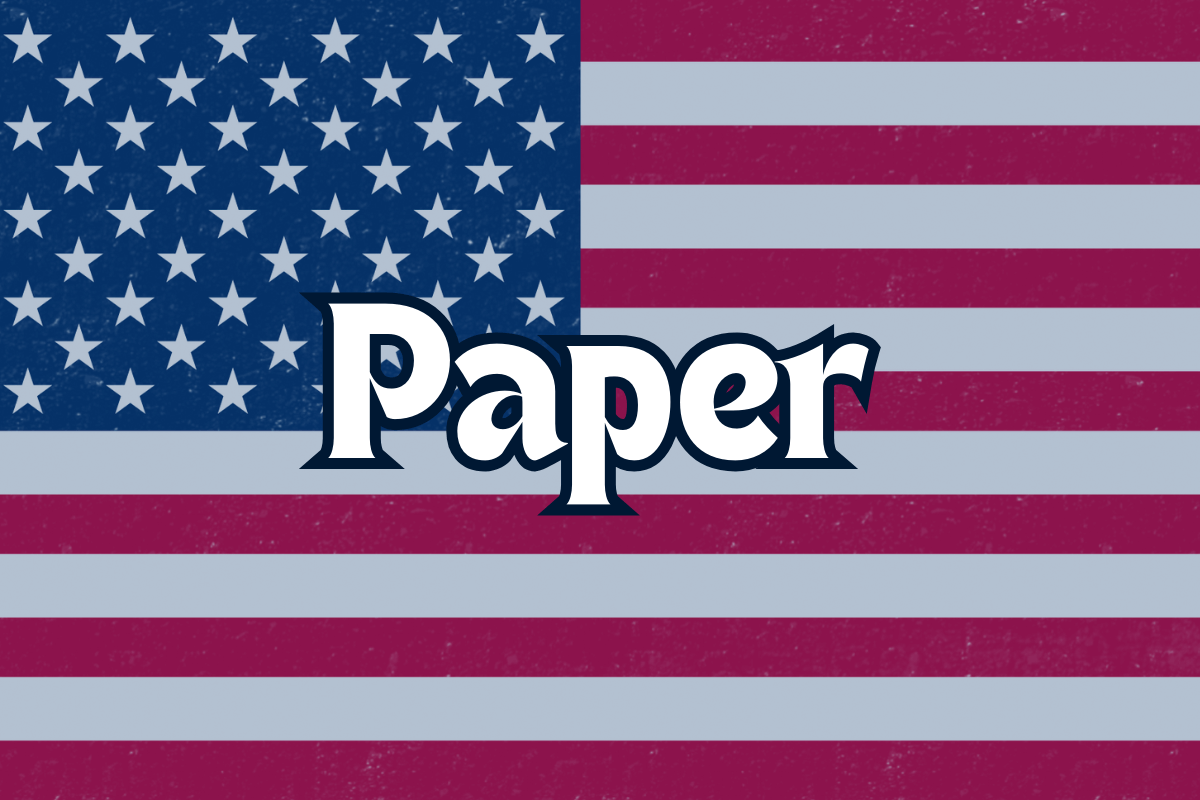
“Paper” is a term that has persisted throughout American history as a slang reference to money.
While it’s commonly understood nationwide, it is particularly prevalent in certain demographics, notably among black Americans in specific regions.
The term specifically refers to paper currency, although it may also be applied to money in the bank.
It has been in use for as long as paper money has existed in the U.S., making it a classic slang term for money.
Examples in sentences:
- “I’m making paper at this new job.”
- “She’s saving up some paper for a vacation.”
- “I need to get my hands on some paper by the end of the week.”
- “He’s all about that paper, working overtime every week.”
- “I don’t have enough paper to buy that car yet.”
Rack
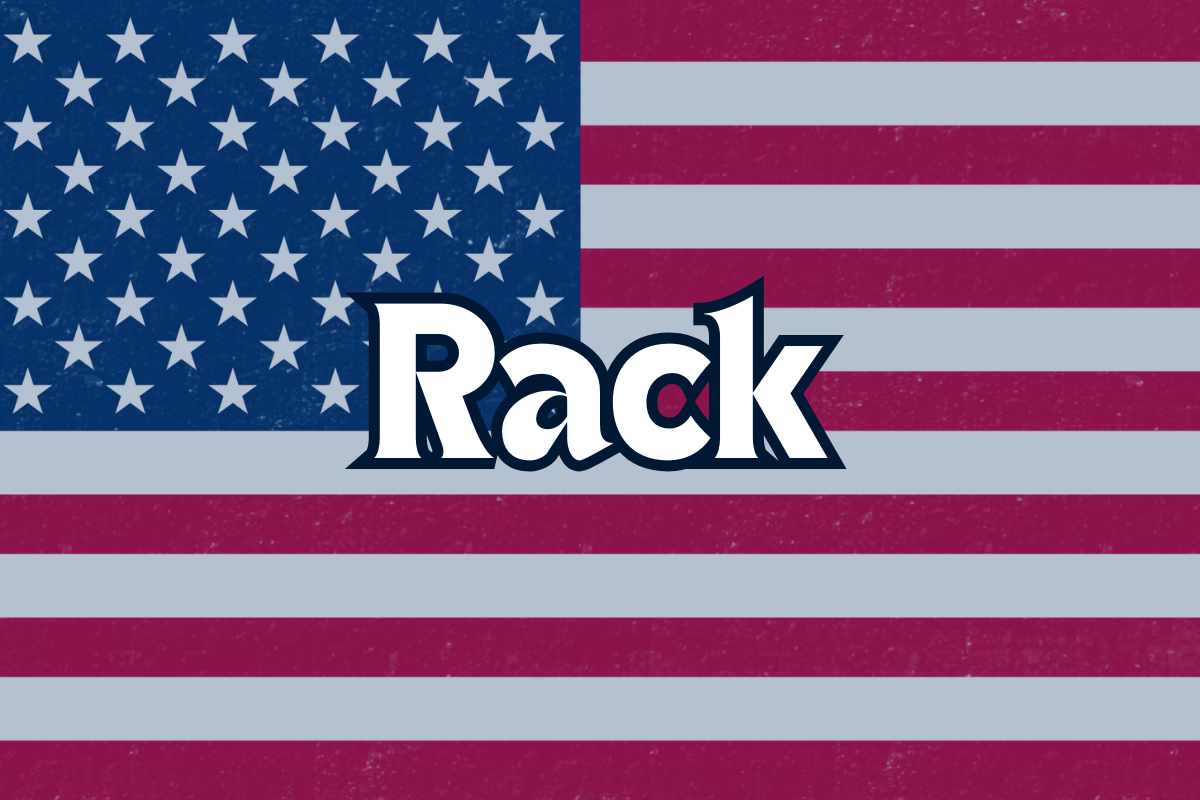
“Rack” is a relatively new slang term for money, specifically referring to a sum of one thousand dollars.
It has been popularized in rap music and is most commonly used by younger generations.
Unlike some older slang terms, this one is closely tied to contemporary culture and is rarely used by older people.
The term became widely recognized through songs like “Rack City” and “Racks on Racks,” solidifying its place in modern slang.
Examples in sentences:
- “I’ve got about three racks worth of debt.”
- “He spent a couple of racks on a new watch.”
- “I need to stack some racks before I buy a car.”
- “She made five racks last weekend flipping sneakers.”
- “They dropped a rack on VIP tickets for the concert.”
Stash
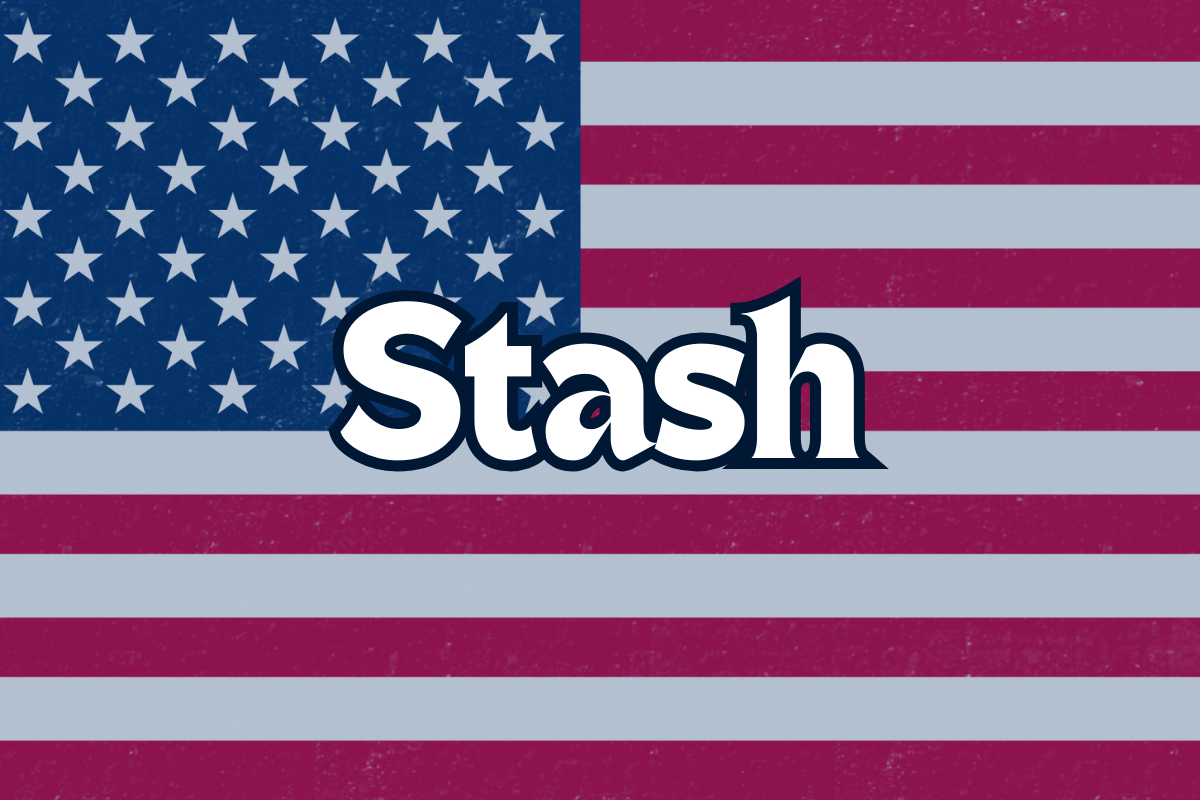
“Stash” can have multiple meanings, but when used in relation to money, it typically refers to cash that is hidden away for later use.
It can also apply to a specific savings fund or money set aside in a bank account.
Unlike more general terms for money, “stash” implies that the money is being stored rather than actively used.
The word originally comes from criminal slang, meaning to hide or conceal something, and was first recorded in 1797.
Examples in sentences:
- “Let me grab a few bills from my stash.”
- “I’ve been adding to my stash for months to afford this trip.”
- “He keeps a secret stash of cash under his mattress.”
- “She found an old stash of coins in her grandfather’s attic.”
- “I don’t like spending my stash unless it’s an emergency.”

